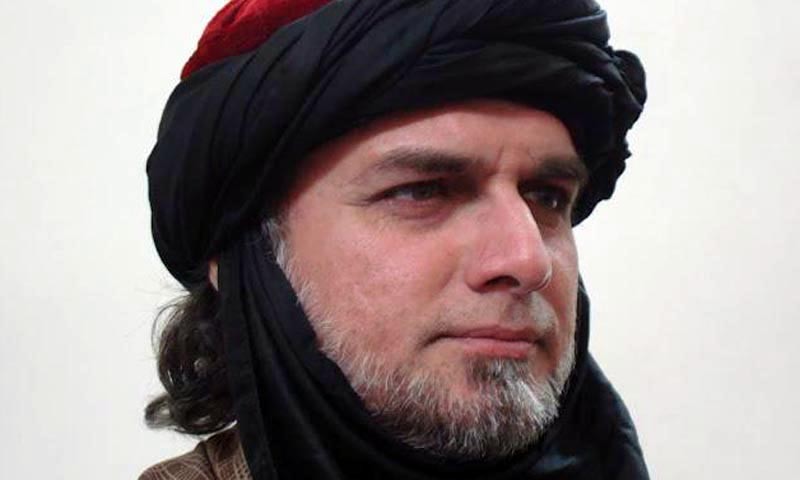
Restricting speech cannot ever make a society more free

Skokie, by most accounts, was an unremarkable place -- at least till 1976.
Situated a few miles outside Chicago, in 1976 this town became the home ground for one of the most dramatic episodes in the history of free speech. National Socialist Party of America (NSPA or more appropriately the Nazi party in the US) announced its decision to march through Skokie -- a town with a small population where the majority belonged to the Jewish faith. A significant number were Holocaust survivors. The people of the town had good reason to keep out the Nazis marching through their town -- bringing back memories of one of history’s most horrific crimes.
But this was only the beginning of the drama.
An attorney named David Goldberger, himself belonging to the Jewish faith, took up the cause of the Nazi party in the name of free speech. Goldberger was inspired by the basic promise of the First Amendment: the best way to serve the cause of free speech is to remove barriers to it -- no matter how repulsive you may find another’s speech. Keep in mind the human experience element. For those who had lived through Hitler’s brutality, seeing the swastika on display in their town was no small matter.
If you want an analogy then imagine this: those supporting the killers of children in Peshawar’s Army Public School being allowed to hold a march where survivors of that tragedy reside. As far as the religion of free speech goes, this was close to the ultimate test.
As the date for the march approached, tensions reached their peak. Local laws were passed prohibiting the Nazis. The town administration vowed to stop the Nazis while the Nazis promised to do what they planned. And yet, thanks to Goldberger’s efforts, the state’s Supreme Court ruled in favour of those wanting to hold the march. Goldberger, no doubt deeply grieved by the Holocaust, chose to fight the harder battle: he spoke in favour of upholding the rights of those he deeply opposed. The march never happened -- but that is another story for another day.
The Skokie cases are remembered today for the way free speech can test your faith in an ideal. And for Goldberger.
Move to the Pakistan of today and the reported imprisonment of Syed Zaid Zaman Hamid in Saudi Arabia. He had it fairly good in Pakistan. And his worldview, troubling for many (including me) and inspiring for others, received a lot of attention. Part of Hamid’s discourse clearly had as its aim the overthrow of the democratic order in Pakistan. And maybe he did not realise it at the time but it was democracy, and its constitutional guarantees, that allowed him to air his views. But none of us were doing him a favour by tolerating his views. He had every right to air them. And now that he is being held and punished under regressive laws, we must resist the temptation to mock him. It also does not behove us to claim some supposed moral high ground by portraying ourselves as generous by standing up for Hamid’s free speech rights. Zaid Hamid’s personal views on free speech are and should be irrelevant in this debate.
He is being held in Saudi Arabia which is no inspiration when it comes to free speech. The regime in that country abides by regressive notions of equating criticism of the regime with criticism of a deity. The fact that the Saudi regime refuses to respect free speech is the only criticism we should be making in this scenario, instead of criticising Hamid for his views and then, by the way, hitting out at the Saudi regime.
This incident also serves as a reminder to Pakistan of how laws that gag speech appear to external observers. There are two elements of this picture: First, Pakistan itself has no shortage of laws that punish and/or ban speech so the state is culpable. Second, and what is not insignificant by any measure, is the increasing number of self-proclaimed liberals/leftists who want(ed) Hamid’s speech banned in Pakistan. The liberals in Europe and often even in Pakistan issue calls for banning of "hate speech". Their concern, justifiable, is human dignity.
But I cannot bring myself to believe that restricting speech ever makes a society more free. I, of course, am conditioned by my own biases and transformative experiences: one of them being the First Amendment. The American solution to the problem of hate speech has always been more speech: Skokie and David Goldberger representing a classic example. It is the approach that best protects freedom, including that of Zaid Hamid. And he deserves nothing less.
Granting a state, any state, the power to gag speech plays into the hands of the powers that benefit from less criticism. Deference to authority, whether in the name of religion (Saudi Arabia) or nationalism (multiple states throughout the world), is a recipe for ceding our freedoms.
No matter how broken, democracies do their best (and often are forced) to adhere to principles of discussion. Hamid, for all his alleged flaws, was using essentially speech to put across his world-view. Most of us hoped that if it came to persuasive reasoning we could outdo him and persuade our peers not to listen to him. His views might have offended many but the principle, i.e. his right to express them, should offend no one.
A citizen of Pakistan is imprisoned in a state that thrives on gagging speech. It is a state that is scandalised by many freedoms that we take for granted. We should all be outraged by this. We must stand up for his right of free speech.